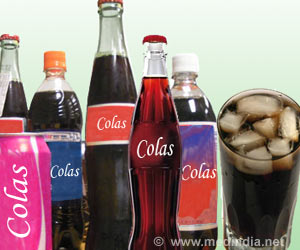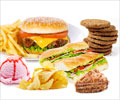
‘Dietary trends were ranked on a healthy eating scale ranging from 0 (poor diet) to 110 (healthy diet). The overall rating increased from 40 to 48 between 1999 and 2012 in the United States.’
Tweet it Now
Researchers analyzed the results of seven health and nutrition surveys including almost 34,000 adults aged 20 and older between 1999 and 2012. They looked at the trends in people’s diet ranked diets on a healthy eating scale ranging from 0 to 110. 0 referred to a poor diet and 110 for a healthy diet. In these 14 years, the overall rating increased from 40 to 48.They also found a 13 % reduction in diabetes cases, 9 % in heart disease cases and 1% in cancer cases. People also reduced the intake of trans fats and sugary drinks between these 14 years of the study. Consumption of fruits, vegetables and whole grains increased among the people.
However, the overall quality of diet in the US till remained poor. In fact, the average score in the study never even reached 50 (out of the highest possible score of 110), they noted.
The two most significant changes in the U.S. diet observed during the study period were a decrease in the consumption of trans fat by nearly 72 percent and a decrease in the consumption of sugar-sweetened beverages and juice by about 36 percent, said the researchers.
The reduction in the consumption of trans fat is primarily by regulatory actions, such as the mandatory disclosure of trans fat on nutrition labels that took effect in 2006 and the reduction in the consumption of sugar-sweetened beverages is likely due to a combination of education, voluntary changes in people's dietary choices and regulations such as soda bans in schools, the researchers added.
Advertisement














